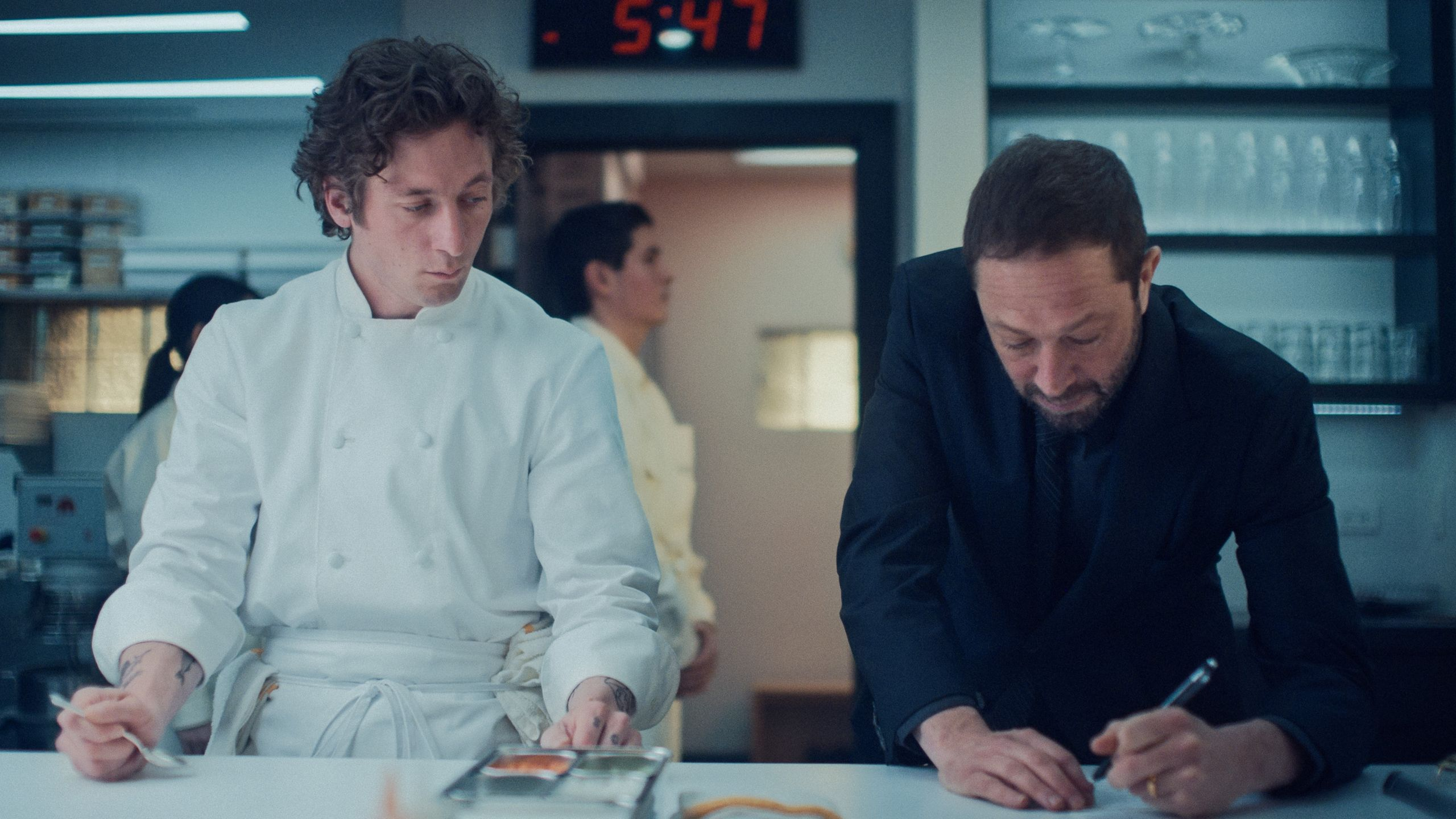In its fourth season, The Bear takes a more introspective turn, trading some of its high-octane energy for emotional depth, offering a heartfelt exploration of growth, self-reflection, and healing for its beloved ensemble of characters.
Following the more reflective and character-driven pace of season three, season four brings us back to the chaotic kitchen of The Beef—but this time, there’s a renewed focus on the core themes the series has explored from the beginning: coming to terms with past mistakes, embracing imperfections, and finding strength in vulnerability.
This season, the show’s recurring mantra, “Every Second Counts,” displayed prominently beneath the kitchen’s digital clock, resonates louder than ever. Time, in every sense, is at a premium—but even in the midst of the relentless rush, the story makes space for vulnerability, allowing the characters to confront their breaking points and, in doing so, begin to rebuild.
Rather than relying on the constant frenzy that defined earlier seasons, season four zooms in on the emotional lives of its characters. The chaos still simmers in the background, but the narrative bravely chooses to slow down and take stock of where each person stands on their path to healing.
Sydney grapples with reclaiming her role in the kitchen as she questions her self-worth. Richie navigates emotional closure as his ex-wife moves on. Carmy, having chased perfection for so long, finally begins searching for peace, while even Ebrahim must reassess his sense of purpose, trying to improve his sandwich sales.
Despite the heightened emotional stakes, the writing remains deeply grounded. Creator Christopher Storer once again proves unafraid to pause the noise and explore what truly drives these characters. The trio of Carmy (Jeremy Allen White), Sydney (Ayo Edebiri), and Richie (Ebon Moss-Bachrach) continue to wrestle with their internal battles—chiefly loneliness and anxiety—making their arcs both deeply relatable and emotionally resonant.
The show allows viewers to sit with the characters as they unravel the grief and pressure they’ve long carried. The strength of The Bear lies not in how perfectly these characters succeed, but in their willingness to try—making their stories all the more powerful and human.
Carmy, who has spent the past three seasons running toward an elusive sense of perfection, finally slows down. The drive that once fuelled him—believing that pushing himself harder would fix everything—leads him instead to a moment of painful realisation. He begins to accept that holding onto trauma only pushed him further into bitterness, grief, and isolation.
Sydney’s arc reflects a similar internal struggle. Haunted by self-doubt, she craves validation through success. If she isn’t perfect, does she deserve her place? Yet, while Carmy is beginning to climb out of a mental and emotional spiral, Sydney still finds herself scaling that same cliff. Season four treats them not just as chefs but as people—flawed, scared, ambitious, and exhausted—struggling to define themselves beyond their work.
It’s this emotional honesty that makes The Bear stand apart. The characters may be erratic, and often carry deep-seated guilt, but their efforts to heal make for some of the show’s most compelling storytelling yet.
Visually and technically, season four continues to deliver with its signature aesthetic. The cinematography, editing, and sound remain key storytelling tools. The use of rapid cuts alongside extended tracking shots continues, but now there’s a noticeable shift toward longer takes that highlight the characters’ inner turmoil.
The visual storytelling leans into wide-angle compositions to reflect emotional distance, while extreme close-ups capture intimate moments of emotional discomfort. This stylistic shift draws viewers closer to the characters’ inner lives, enhancing the sense of realism.
Shot with high ISO settings and slight overexposure, the cinematography delivers that familiar grainy, film-like texture. It creates a soft, dreamlike quality while sharpening the intensity of the characters’ expressions—inviting us into their world of passion, frustration, grief, and fleeting happiness.
The sound design is equally immersive. Crisp and atmospheric, it pulls the audience into the clatter of the kitchen and the emotional silences in between, perfectly paired with a powerful score that heightens each scene’s emotional weight.
With every season, The Bear reinvents itself. Season four might be slower in pace, but it’s heavier in emotional stakes—proving that healing, though messy and imperfect, is worth the time. And after a beautifully turbulent season finale, all we can do is wait and hope these characters continue to grow in the seasons to come.



